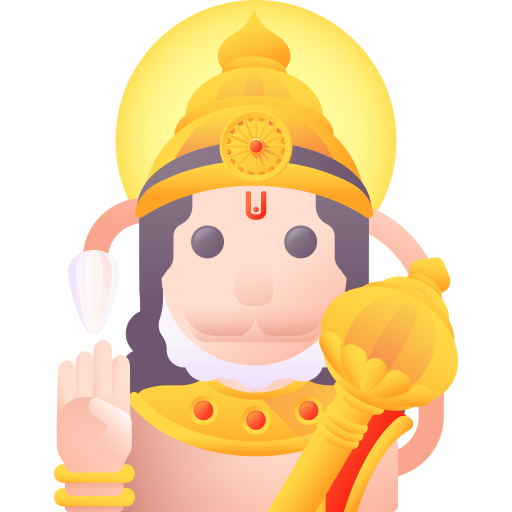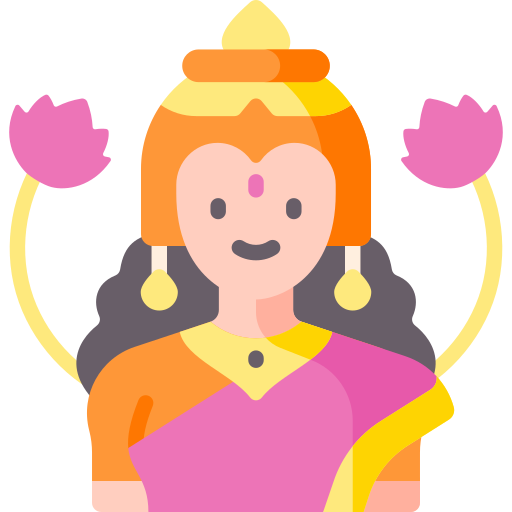
















Ramnavami celebration in India
Ramnavami is a significant Hindu festival celebrated to honor the birth of Lord Rama, who is believed to be the seventh incarnation of Lord Vishnu. This auspicious day is observed with great devotion and enthusiasm across India, especially in Ayodhya, the birthplace of Lord Rama. The festival falls on the ninth day of Chaitra month in the Hindu calendar, which usually falls in the months of March or April. Ramnavami symbolizes the victory of good over evil and is a time for spiritual reflection, prayer, and joyous celebrations.
Key Takeaways
Here are the key takeaways:
Historical Significance
Ramnavami marks the birth of Lord Rama, who is revered for his righteousness, wisdom, and valor. His life and teachings, as depicted in the ancient epic Ramayana, continue to inspire millions of people around the world. 2.
Religious Observances
The festival is observed with various rituals and ceremonies, including chanting hymns, reading from the Ramayana, offering prayers at temples, and fasting. 3.
Cultural Celebrations
In addition to religious rituals, Ramnavami is a time for cultural festivities such as processions, music, dance, dramas depicting scenes from the Ramayana, and community meals. 4.
Significance of Ayodhya
Ayodhya, located in the state of Uttar Pradesh, holds special importance during Ramnavami as it is believed to be the birthplace of Lord Rama. The city comes alive with decorations, lights, and spiritual gatherings during this time. 5.
Unity and Harmony
The festival of Ramnavami transcends religious and cultural boundaries, bringing people from different backgrounds together in a spirit of unity and harmony.
Ramnavami Celebrations in India
In India, the celebration of Ramnavami varies from region to region, but the essence of devotion and reverence remains the same. Here is a glimpse of how Ramnavami is celebrated in different parts of the country: 1. Ayodhya,
Uttar Pradesh
Ayodhya is the epicenter of Ramnavami celebrations, drawing millions of devotees and tourists to witness the grand festivities. The streets are adorned with colorful decorations, and temples are beautifully decorated with flowers and lights. The highlight of the celebrations is the grand procession known as 'Shobha Yatra,' where idols of Lord Rama, Sita, Lakshmana, and Hanuman are taken out in a procession amidst chanting of hymns and devotional songs. 2. Rameswaram,
Tamil Nadu
In Rameswaram, located in Tamil Nadu, Ramnavami is celebrated with great fervor at the famous Ramanathaswamy Temple. Devotees throng the temple to offer prayers and seek blessings. Special pujas and rituals are performed, and the atmosphere is filled with spiritual energy and devotion. 3. Bhadrachalam,
Telangana
Bhadrachalam, a town in Telangana, is renowned for its devotion to Lord Rama. The Sri Sitaramachandra Swamy Temple in Bhadrachalam witnesses a massive influx of devotees during Ramnavami. Special rituals and programs are organized, and the entire town comes together to commemorate the birth of Lord Rama. 4. Varanasi,
Uttar Pradesh
Varanasi, one of the oldest cities in the world, celebrates Ramnavami with traditional rituals and fervor. Temples in Varanasi are decorated with flowers and lights, and devotees offer prayers and perform aartis on the ghats of the holy river Ganges. The city resonates with the sound of hymns and chants, creating a divine ambiance.
Deep Insights (FAQ)
Q.When is Ramnavami celebrated?
Ramnavami falls on the ninth day of Chaitra month in the Hindu calendar, which usually corresponds to the months of March or April in the Gregorian calendar.
Q.Why is Ramnavami significant?
Ramnavami commemorates the birth of Lord Rama, who is considered a symbol of righteousness, courage, and devotion. The festival symbolizes the victory of good over evil and serves as a reminder of the importance of leading a virtuous life.
Q.How is Ramnavami celebrated in India?
Ramnavami is celebrated in India with prayers, fasting, reading from the Ramayana, offering flowers and fruits to deities, participating in processions, and engaging in cultural events such as dramas and music performances.
Q.What is the significance of Ayodhya in Ramnavami celebrations?
Ayodhya is believed to be the birthplace of Lord Rama, and it holds special significance during Ramnavami. The city hosts elaborate celebrations, including the grand 'Shobha Yatra,' to honor the birth of Lord Rama.
Q.Can people of other faiths participate in Ramnavami celebrations?
Ramnavami celebrations are open to people of all faiths and backgrounds. The festival promotes unity, harmony, and the universal values of love, compassion, and righteousness.
Q.How can I celebrate Ramnavami at home?
You can celebrate Ramnavami at home by fasting, reading or listening to the Ramayana, offering prayers to Lord Rama, lighting lamps, and engaging in acts of charity and kindness.
Q.Is Ramnavami a public holiday in India?
Ramnavami is not a nationwide public holiday in India, but it is observed as a religious festival by millions of people across the country.
Q.What are some traditional foods prepared during Ramnavami?
Some traditional foods prepared during Ramnavami include sweet offerings like panjiri, kheer, and fruit salads. Many people also observe fasting and consume sattvic foods like fruits, milk, and nuts.
Q.How can I seek the blessings of Lord Rama on Ramnavami?
You can seek the blessings of Lord Rama on Ramnavami by visiting temples, chanting prayers and hymns, participating in religious ceremonies, performing acts of service, and meditating on the divine qualities of Lord Rama.
"Ramnavami is a festival that holds deep spiritual and cultural significance for millions of people in India. The celebration of Lord Rama's birth transcends religious and cultural boundaries, uniting communities in a shared sense of devotion and reverence. As we commemorate Ramnavami each year, let us reflect on the timeless teachings of Lord Rama and strive to embody the values of compassion, righteousness, and humility in our lives. May this auspicious festival bring peace, harmony, and blessings to all."
